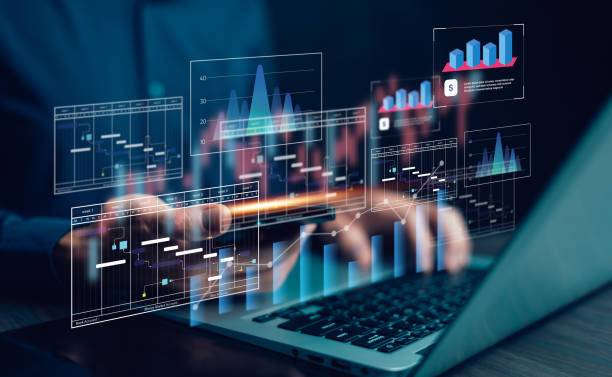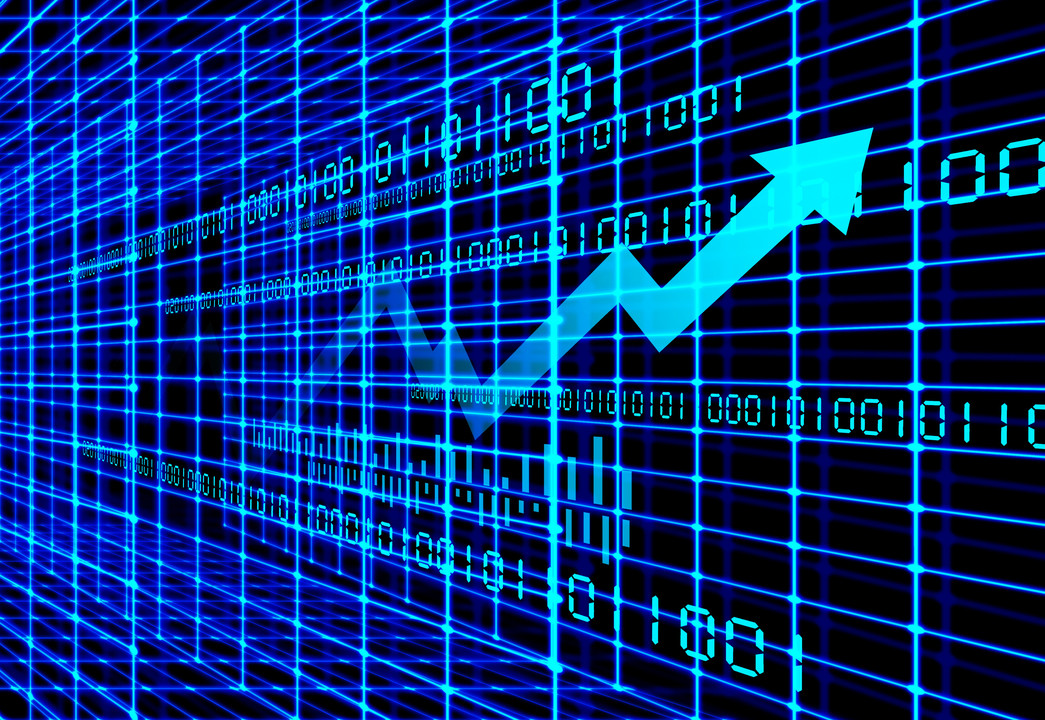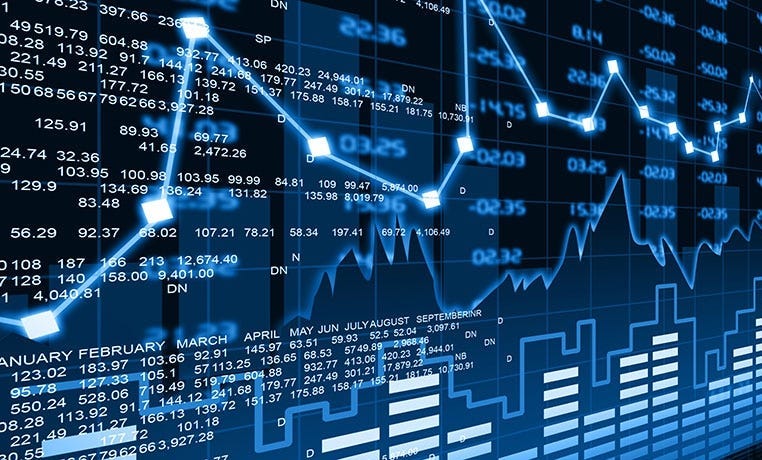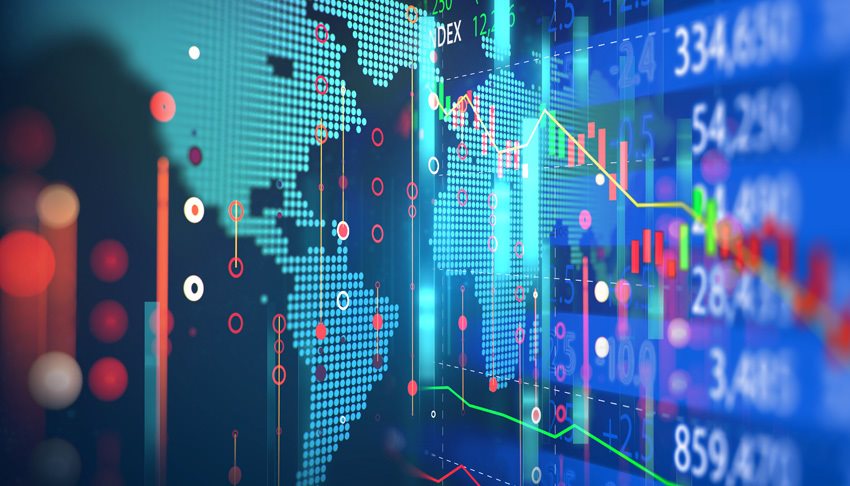Market making software has become an indispensable tool in modern financial markets, significantly impacting trading strategies, liquidity, and overall market efficiency. As the financial ecosystem evolves, the role of market making software, often referred to as algorithmic trading or high-frequency trading software, has grown in importance. This technology is crucial for institutions and traders, offering a sophisticated approach to enhance liquidity, stabilize markets, and optimize profit potential. This article explores the various facets of market making software, shedding light on its functionality and its transformative impact on the world of trading.
1. About Market Making Software
Market making software refers to the automated systems used by traders and institutions to facilitate continuous buy and sell orders in financial markets. By providing liquidity, market makers ensure that financial markets operate smoothly and with minimal disruptions. The software leverages advanced algorithms to execute trades at high frequencies, responding rapidly to market conditions and maintaining efficient order books. This software is used across various markets, including stocks, forex, cryptocurrencies, and commodities, contributing to the growth and efficiency of financial markets.
2. The Role of Market Making Software
2.1 Providing Liquidity
One of the primary functions of market making software is to provide liquidity. Market makers use the software to continuously place buy and sell orders for specific assets, ensuring that there are always available prices for buyers and sellers. This constant flow of orders helps to narrow the gap between the bid and ask prices, facilitating easier and faster transactions. By doing so, market makers contribute to smoother and more predictable market operations.
2.2 Efficiency Enhancement
Market making software enhances the efficiency of trading by processing large volumes of data and executing trades at lightning speed. The software allows market makers to respond to price movements and market conditions in real time, reducing latency and optimizing trade execution. This speed and accuracy are critical for market participants who need to react swiftly to market changes, especially in volatile trading environments.
2.3 Market Stability
The presence of market makers, supported by advanced software, contributes to the overall stability of financial markets. By continuously offering buy and sell orders, market makers reduce the likelihood of large price swings and extreme volatility. This stability fosters investor confidence and encourages long-term participation in the market. Moreover, market making software helps prevent market manipulation by ensuring that prices remain balanced and reflect true market conditions.
2.4 Price Discovery
Market making software plays a vital role in the price discovery process, where the true value of an asset is determined based on supply and demand dynamics. By constantly providing bid and ask prices, the software helps traders identify the fair market value of an asset at any given moment. This ongoing process of price discovery ensures that markets remain transparent and efficient, with prices reflecting the real-time conditions of the underlying asset.
2.5 Risk Management
Market making software also assists traders and institutions in managing risk. Through automated risk management algorithms, the software can assess the exposure of open positions and implement strategies to mitigate potential losses. It can adjust the size of trades, stop-loss levels, and other parameters to align with the risk tolerance of the trader or institution. This level of control helps prevent significant losses in unpredictable market conditions and enhances the overall profitability of market making strategies.
3. Benefits of Market Making Software
3.1 Enhanced Liquidity
The most obvious benefit of market making software is its ability to enhance liquidity in the market. By continuously placing buy and sell orders, market makers ensure that assets are readily available for purchase or sale, regardless of market conditions. This liquidity is essential for smooth trading and efficient price formation.
3.2 Tight Bid-Ask Spreads
Market making software helps narrow the bid-ask spread, which is the difference between the price a buyer is willing to pay and the price a seller is asking. A narrower spread means lower trading costs for market participants, making the market more attractive to investors and traders. This is particularly important in highly liquid markets where tight spreads can significantly impact profitability.
3.3 Price Stability
By consistently providing buy and sell orders, market making software helps maintain price stability. In volatile markets, the presence of market makers can prevent large price fluctuations, providing traders with more predictable and stable trading environments.
3.4 Efficient Price Discovery
Market making software improves the price discovery process by ensuring that asset prices reflect current market conditions. This efficiency allows traders to make more informed decisions based on real-time data, which is crucial for minimizing risk and maximizing profits.
3.5 Increased Market Accessibility
Market making software enhances market accessibility by enabling traders to enter and exit positions with ease. The software’s ability to process large amounts of data quickly and efficiently ensures that even small traders can participate in markets that might otherwise be too complex or fast-paced. This democratization of access opens up financial markets to a wider range of participants.
4. Conclusion
Market making software is a game-changer in the world of financial trading. By providing liquidity, enhancing efficiency, stabilizing markets, and facilitating price discovery, market making software has revolutionized how trading is conducted in various financial ecosystems. As technology continues to advance, the role of algorithmic and high-frequency trading software will only become more integral to the functioning of financial markets. Traders and institutions that leverage this technology can optimize their trading strategies, mitigate risk, and ultimately, stay ahead in a highly competitive market environment.





